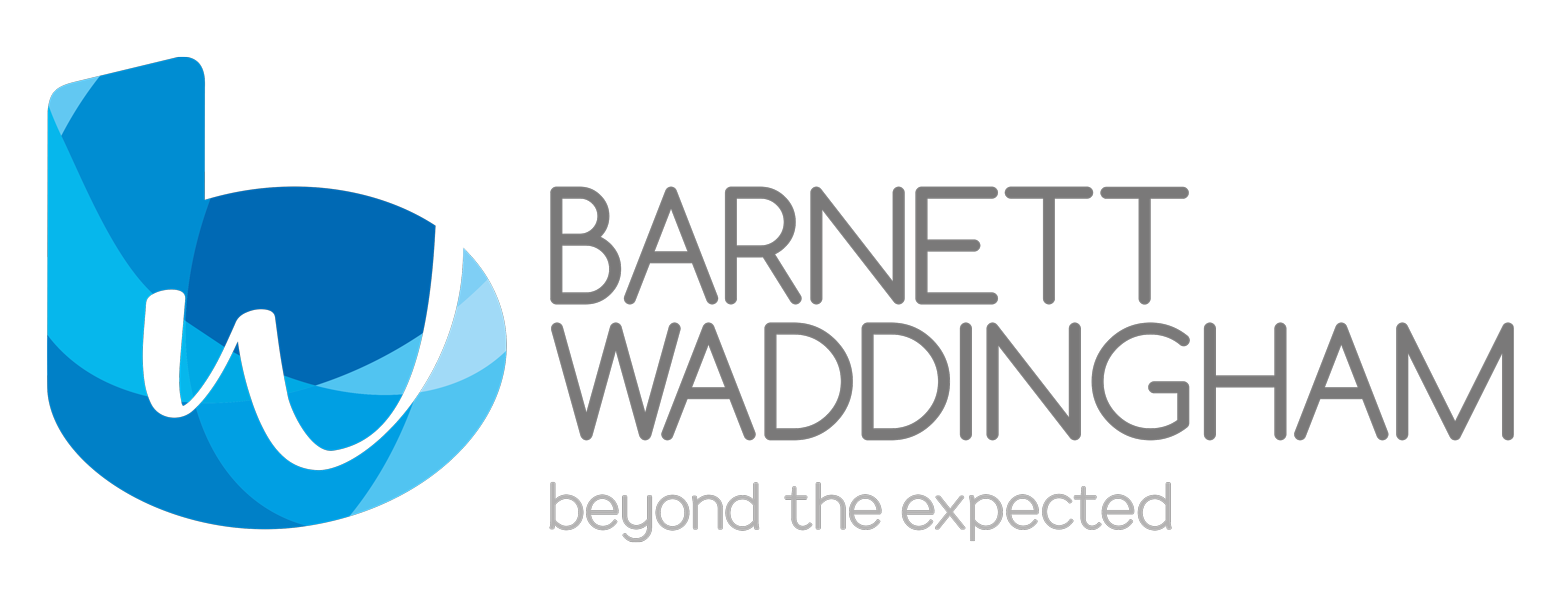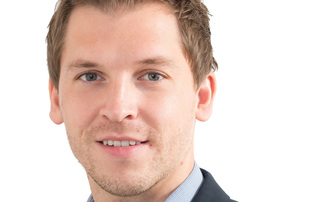We are now sitting at a junction, looking at the way we work and how organisations need to adapt — post pandemic. Despite the uncertainty and fast changing environment decisions need to be made. So making sure you have the insight and framework to do this optimally is vital.
As our recent virtual conference we considered how companies make these decisions and turn the mass of data and information they possess into actionable insights that can better inform these decisions and how they can use AI technology to more effectively and inclusively pool the collective wisdom within their decision making teams.
Swarm AI, using nature as its inspiration, helps groups come to a consensus, enabling them to pull their collective knowledge and collaborate on a decision. At our conference we asked participants a number of questions about the key challenges they're now facing and how to prioritise them. So what did the group, which included senior HR professionals, think would have the greatest impact on UK businesses in the next year?
The overall consensus was that "adapting to change" is the biggest challenge now facing organisations. This perhaps isn't a surprise, given the upheaval caused by Covid-19. Another question was about the biggest challenge that the UK HR community needed to tackle. "Employee wellbeing and mental health" emerged as the consensus for the group. Linked to this, participants also responded that one of the positive outcomes from the pandemic was a "better work-life balance."
New ways of working
Organisations that thought they had employee wellbeing and engagement strategies in place are now realising that these may need to be reviewed, following the pandemic and new hybrid ways of working. Many will need to go back to the drawing board to analyse if and what elements of their plans are still working and continue to deliver real value. This scientific approach is vital in such a complex and multi-faceted area where every individual, let alone every company, is unique.
There's already been a strong, continual push for greater work flexibility, moving away from traditional working practices. The pandemic has catalysed the way we work — speeding up the evolution of the "work anywhere" arrangements. Employees are demanding different things from their workplace.
In the past, a workplace was primarily seen as a resource hub (with desks, computers, printers and the like). Increasingly, the workplace is being viewed as a place for human, face-to-face interaction - a social space. People are social animals after all and they therefore crave connection.
We're moving more and more away from a "fixed" work location to a more flexible one (with flexible times, in some cases). Of course, not all jobs can be done at home but for those that can, this change looks set, at least for now, to become unstoppable.
But it is not only where we work that has changed. Driven partly by technology, employees have gradually been given more responsibility and more autonomy in recent years, allowing them to have more control over what they do.
Organisations will need to adapt
Companies need to look at where they sit in their evolving environment. Do they return to the pre-pandemic status quo or evolve so they can thrive?
All of this change requires a more nuanced approach to management as well as new skills, training and development for employees in order to engage with and retain them. It's therefore essential that organisations adapt to meet these constantly evolving demands.
A key question that leaders need to ask themselves is "What type of organisation do we want this to be?" Businesses need to reimagine their future - and their values - over the long term, not just focus on short term profitability. (Employees will be asking themselves "What type of company do I want to work for?")
People remain the most valuable resource to an organisation. It is people who make up the unique fabric of the organisation and its DNA. And it is people who can push an organisation forward so that their organisation can thrive.
Our analytics first approach helps get under the skin of their organisation and the challenges they face - providing insights that can help leaders make more informed decisions, more quickly.
If your organisation needs support to help it through these changes, we can help. Please get in touch.
Author: Nick Griggs, Partner and Head of Employer Consulting, Barnett Waddingham.









